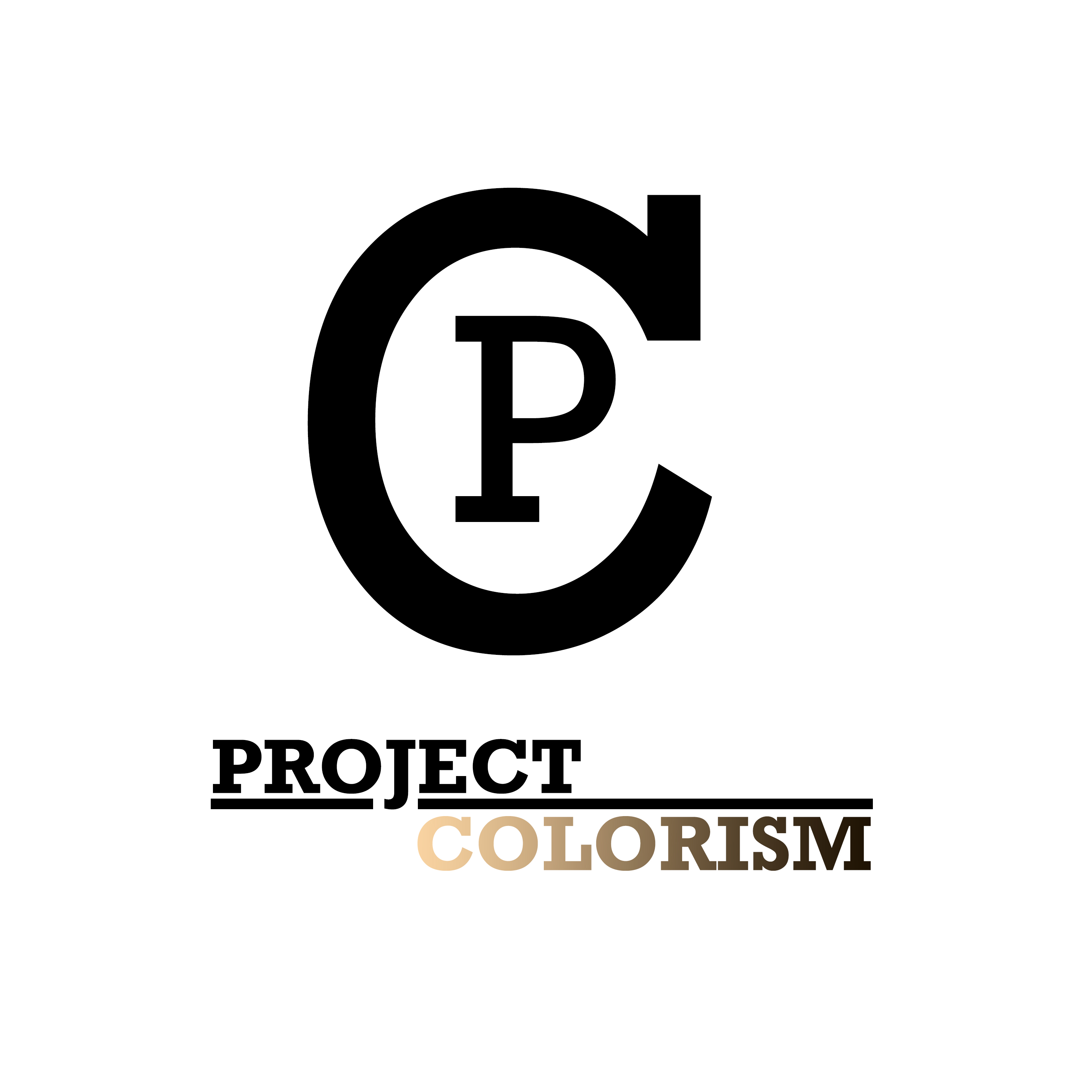Jediael is a student at Temple University and a Nigerian immigrant, who has been living in the D.C. metropolitan area. She says her first encounters with colorism took place through her family. “For a while, I wasn’t allowed to play outside because it was really sunny and they would fear that I would get darker than I already am. They would constantly point to my sister, who was lighter skin, like ‘your skin shouldn’t look like this’ or ‘if you stayed inside, you would be light like your sister,’ or just referring to how nice and fair her skin was compared to mine. And, I don’t know if I ever really handled it, I just kind of internalized it. For the longest time I wouldn’t want to go outside or if I spent too much time in the sun, I would immediately scrub my skin to make sure it didn’t stick and I would use brightening creams to make sure my skin stayed consistent, even though it is normal to get darker during the summer. I was a child so I don’t really think I handled it but it is definitely something I thought about a lot.” Regarding the role families hold in facilitating colorism, Jediael mentioned that she noticed a pattern in the women that married the men in her family: they were all lighter-skinned. She went onto say “I think when talking about colorism we talk about how everyone outside perceives darker skin people, but we don’t talk about the little comments family members make. And these comments are so normalized and viewed as your family wanting better for you, but when you look back on them you realize how colonialism has affected our view on darker people. Even when they want to make fun of or insult someone, one of the first things they go after is how dark they are like ‘oh you’re so black.’ Little comments that families make off-handed, in good faith–I don’t think they mean anything bad by it–can normalize how we view darker skin people in a colorist society.”

